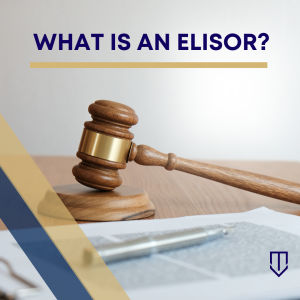 Just because a party prevails in a lawsuit does not mean the matter is over. Rarely discussed but crucially important is the fact that a judgment must be enforced once it is entered. This isn’t always easy. Losing parties don’t always want to cooperate, especially when they’re operating without an attorney.
Just because a party prevails in a lawsuit does not mean the matter is over. Rarely discussed but crucially important is the fact that a judgment must be enforced once it is entered. This isn’t always easy. Losing parties don’t always want to cooperate, especially when they’re operating without an attorney.
Sometimes, a party might “disappear,” ignoring all communications from the other side and the court. Other times, they might simply refuse to sign documents as ordered, convinced the court got it wrong. These actions can cost victorious parties thousands of extra dollars of their time and money. Thankfully, in these situations, litigants have a unique remedy to combat this behavior: an elisor.
An elisor is a person appointed by the court to perform functions like the execution of a deed or document. (Blueberry Properties, LLC v. Chow (2014) 230 Cal.App.4th 1017, 1020.) They are most commonly utilized in cases where a party never shows up or where a party refuses, even under court order, to sign documents as required by the court.
 California Partition Law Blog
California Partition Law Blog

